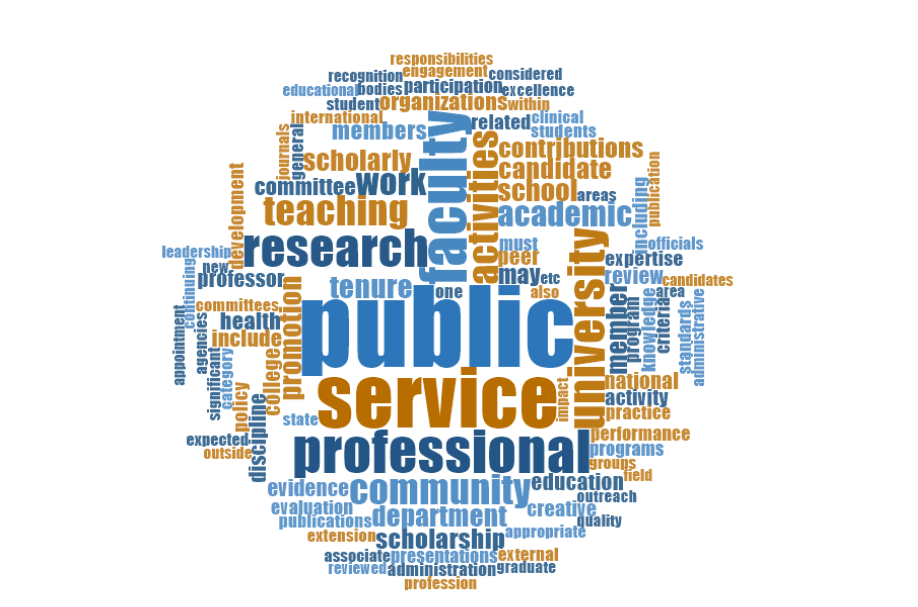
‘Altmetrics,’ and more specifically, ‘social media metrics’ are increasingly deemed valuable indicators to gauge the dissemination and reception of research outputs beyond academic circles, but their potential could be much greater.

‘Altmetrics,’ and more specifically, ‘social media metrics’ are increasingly deemed valuable indicators to gauge the dissemination and reception of research outputs beyond academic circles, but their potential could be much greater.

In the last 10 years, we have spent a lot of time thinking about the impact of research, both from a research and science management perspective. A few years ago, we also started giving trainings for other researchers on how to approach the blackbox “societal impact”. Our experience is that few researchers really know whether and how their research can have a societal impact.

How can crowdsourcing foster innovations in science? In general, the crowd’s diversity and the sheer number of (potential) contributors have been found to increase the likelihood of finding a novel solution (e.g., Jeppesen & Lakhani, 2010) and the chances of finding the best solution (e.g., Boudreau, Lacetera & Lakhani, 2011) to an innovation-relevant problem.

As the initiator of the movement “Scientists for future,” could you give us a “peek behind the scenes”: How did you come up with the idea and how did the concept evolve? Like many others, I was concerned by the slow progress of the sustainability agenda. That is, not just climate change, but also, for example, biodiversity loss, loss of soils, food security, and questions of human rights and justice.

You are offering workshops where researchers can learn how to achieve more impact with their work outside of academia. Why is this important? I have been providing training on knowledge translation, otherwise known as impact pathways, and research impact for the last five years to build the capacity of researchers and research support staff.

Doing research and getting paid for it is fantastic, but how to do that sustainably and maintain the interest of research funders? Even funders themselves cannot give a definite answer, but some trends can be pointed out. Admittedly, there are still universities and academic systems where nepotism and feudal-like arrangements rule, and the points made here do not concern them.
The Library Journal two days ago informed about an interesting patent granted to the Social Network ResearchGate: “ResearchGate Granted U.S. Patent 10,282,424: ‘Linking Documents Using Citations’”. The abstract describes the patent as follows…“Aspects of the present disclosure relate to linking documents using citations. A server accesses a stored document in a data repository.

The review, promotion, and tenure (RPT) process is one of the cornerstones of academic life, influencing how and where faculty focus their attention, direct their research, and publish their work. In a recent study, the ScholCommLab analyzed this process from a new perspective—textual analysis of a representative sample of RPT guideline and policy documents—to understand the incentive structures that reinforce traditional

Research cannot just observe the society from an isolated and abstract “outside world”. It has to take up its societal tasks: search for the truth, but also provide contributions to problem-solving and make reliable predictions, when it comes to ominous societal challenges. Former president of the Humboldt University Berlin Prof.

Retraction Watch was launched to provide insights into cases of scientific fraud and grant a window on the retraction process. How does the scientific community react when you publicly report on retractions of scientific papers?